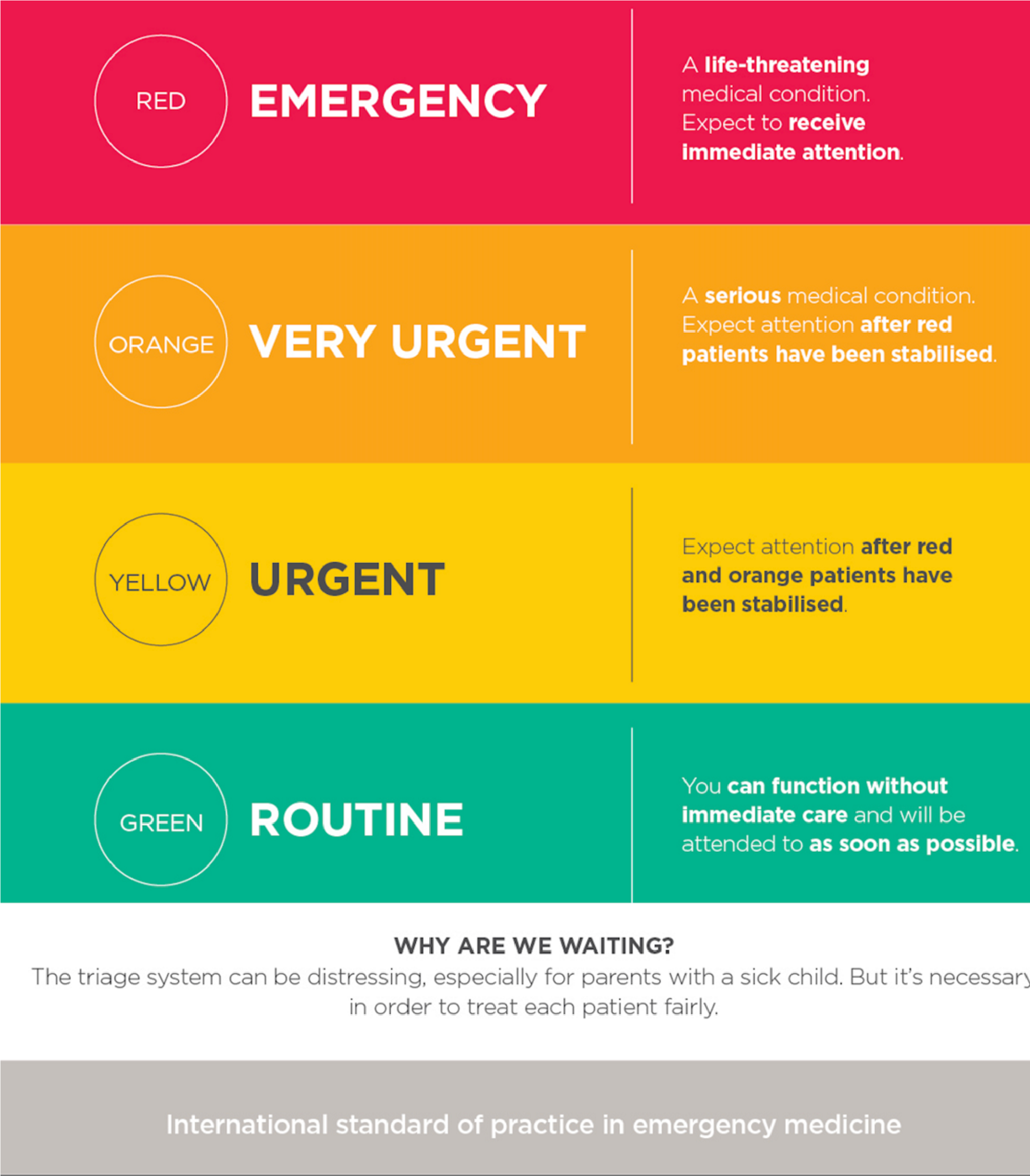A nurse in a clinic is reviewing laboratory reports for a group of clients. Which of the following diseases should the nurse report to the state health department?
Rotavirus
Pertussis
Respiratory syncytial virus
Group B
The Correct Answer is B
a. Rotavirus infections are typically reported to local health departments, but they are not generally considered reportable diseases to state health departments.
b. Pertussis, also known as whooping cough, is a reportable disease in most jurisdictions due to its contagious nature and potential for outbreaks.
c. Respiratory syncytial virus (RSV) infections are not usually reportable to state health departments unless they are part of a larger outbreak or cluster of cases.
d. Group B streptococcus (GBS) infections, while significant in certain populations such as newborns, are not typically reportable diseases to state health departments.
Nursing Test Bank
Naxlex Comprehensive Predictor Exams
Related Questions
Correct Answer is D
Explanation
A. A client refusing care from assistive personnel of the opposite gender is important and must be handled to respect the client's preferences, but it does not immediately impact the overall functioning of the unit or client safety. This situation can be addressed after the staffing issue.
B. No transport assistance being available for a client to go to physical therapy is a logistical issue that can be resolved with alternative arrangements, such as rescheduling the therapy or finding different personnel for transport. It is not a critical priority compared to staffing shortages.
C. A heated disagreement between two nurses over a scheduling issue is a team dynamic problem that requires attention, but it is not urgent enough to affect patient safety or unit operations in the immediate term. Resolving staffing shortages takes precedence.
D. Addressing the absence of three staff members is critical as it directly affects patient care and safety. A shortage in staff can lead to unsafe working conditions, delays in client care, and an increased risk of errors. Ensuring adequate staffing is the highest priority in this situation
Correct Answer is C
Explanation
a. Green tags are used for the "walking wounded" who will need medical care at some point after more critical injuries have been treated. This would not be appropriate for a client with full thickness burns on 72% of his body, as this condition is life-threatening and requires immediate attention.
b. Yellow tags are for those who require observation and possible later re-triage. Their condition is stable for the moment, and they are not in immediate danger of death. This client's condition, however, is too critical for a yellow tag.
c. Black tags are typically used for individuals who are deceased or expected to die imminently. The chances of survival for this patient are very minimal since the burn surface area is more than 50% with full thickness burns
d. Red tags are for those with severe injuries who require immediate treatment but have a chance of survival.
 |
Whether you are a student looking to ace your exams or a practicing nurse seeking to enhance your expertise , our nursing education contents will empower you with the confidence and competence to make a difference in the lives of patients and become a respected leader in the healthcare field.
Visit Naxlex, invest in your future and unlock endless possibilities with our unparalleled nursing education contents today
Report Wrong Answer on the Current Question
Do you disagree with the answer? If yes, what is your expected answer? Explain.
Kindly be descriptive with the issue you are facing.
